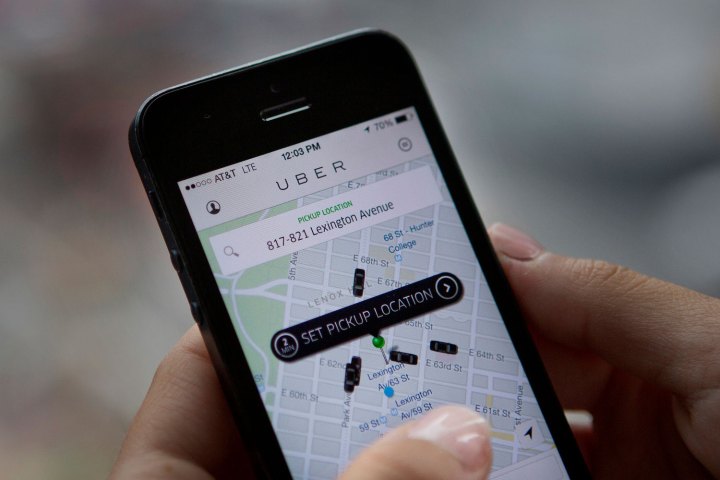
“We’re profitable in the USA, but we’re losing over $1 billion a year in China,” the CEO said in an interview with Betakit. “We have a fierce competitor that’s unprofitable in every city they exist in, but they’re buying up market share. I wish the world wasn’t that way. I prefer building rather than fundraising. But if I don’t participate in the fundraising bonanza, I’ll get squeezed out by others buying market share.”
The culprit behind Uber’s relatively poor performance in China is Didi Kuaidi, a homegrown company that has benefited immensely from the deep pockets of Alibaba and Tencent, both Chinese companies themselves. While an Uber spokeswoman insisted to CNN that Uber maintains “the sustainable financial strength to win in China in the long-term,” in the short-run, they’re definitely being outplayed by the home team. The spokeswoman continued, “… our largest competitor in China spends many multiples of what we do to buy up unprofitable market share.”
Didi Kuaidi, however, disagrees with Uber’s prognosis, with spokeswoman Casper Sun telling CNN that Uber has made use of “fictitious numbers” and an “unsustainable and severely challenged” strategy, which is costing the company a billion dollars a year overseas.
Another spokesman for the Chinese transportation company told Reuters that while “smaller competitors have to bleed subsidies to make up for their insufficient driver and rider network,” Didi Kuaidi has had no such issues. Indeed, the company is now active in 400 cities and, according to Reuters, has “passed break-even point in half of those cities.”
Uber, for its own part, claims to be active in 380 cities globally but only a bit over 100 cities in China, and while it previously claimed a 30 to 35 percent market share in China, it’s unclear as to just how accurate these numbers are given their massive losses. So strap down, Uber — it’s going to be a bumpy ride in this foreign territory.
Editors' Recommendations
- Mars receives second visitor in a week as China’s Tianwen-1 arrives
- China would rather see TikTok shut down than have Trump force a sale
- China’s Tianwen-1 rover mission blasts off for Mars
- Uber to acquire Postmates for $2.65 billion
- Hyundai S-A1 flying taxis could take flight by 2023 for Uber elevate


